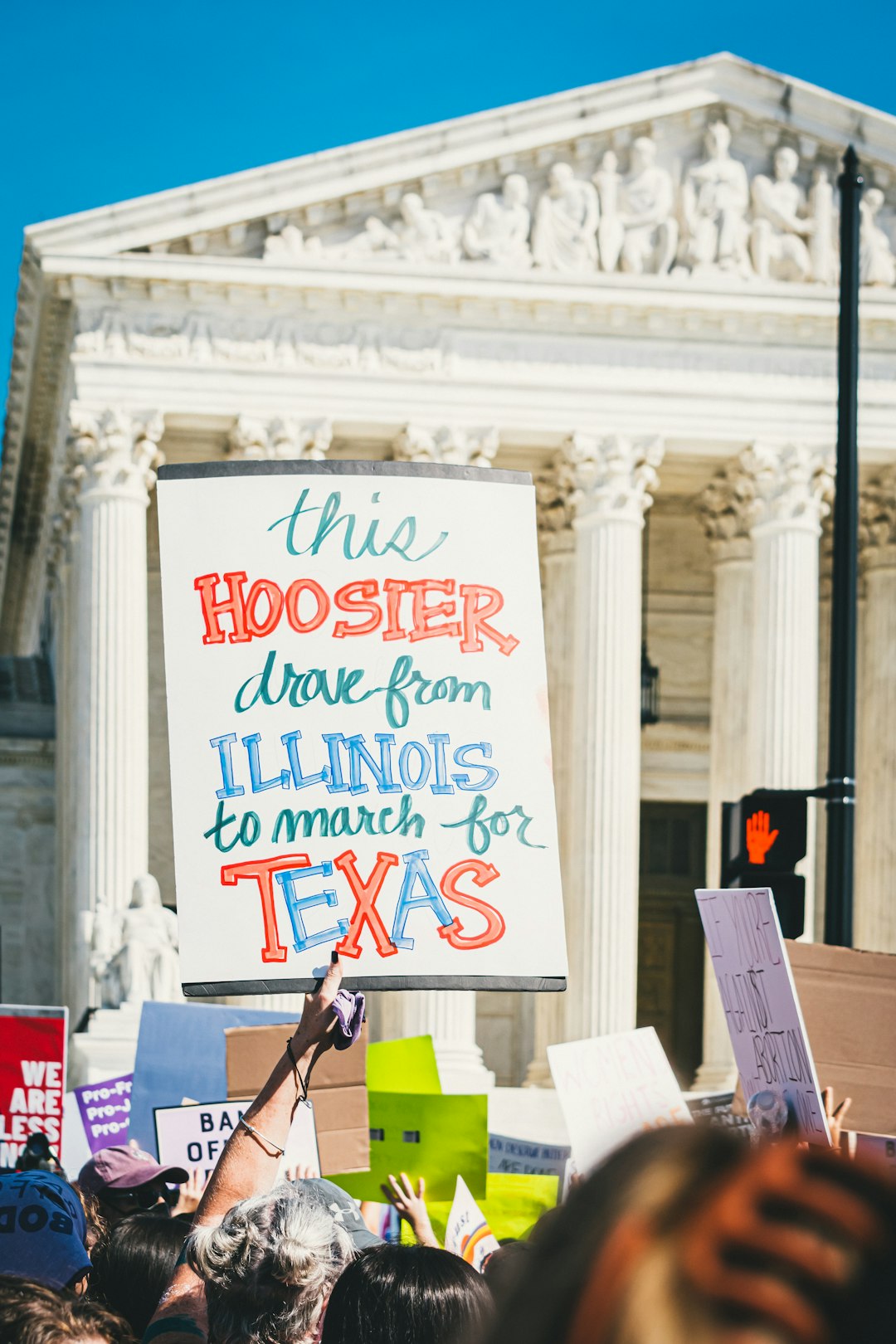DC's emergency medical services face a challenge from spam call law firms, disrupting first responders and delaying patient communication. Stricter regulations are needed to protect EMS from automated calls. Spam call law firms specialize in telecommunications law, proposing solutions to mitigate unwanted calls while ensuring consumer protection. Advanced call screening, public education, and stricter enforcement can combat robocalls, streamlining EMS operations and enhancing emergency response.
In today’s digital age, the rise of robocalls has become a pressing concern for cities worldwide, including Washington D.C. This article delves into the impact of automated spam calls on the city’s emergency medical services (EMS). With a focus on understanding the role of law firms in mitigating this issue, we explore effective solutions to navigate the increasing tidal wave of robocalls affecting DC’s critical response systems. Key considerations for law firms and EMS providers are analyzed to ensure public safety and reduce disruption.
Robocalls' Rising Tide in DC's Emergency Services

In recent years, DC’s emergency medical services have faced an unprecedented challenge with the rising tide of robocalls. These automated phone calls, often from law firm spam call centers, have become a nuisance and potentially dangerous distraction for first responders. As the volume of these calls increases, so does their impact on the efficiency and effectiveness of emergency medical service (EMS) providers.
The Spam Call law firms operating in DC are known to target residents with unsolicited calls, often during critical times when individuals might be seeking immediate medical assistance. The constant ringing and automated messages can delay crucial communication between EMS personnel and patients, leading to potential risks and delays in life-saving interventions. This growing issue highlights the need for stricter regulations and better strategies to mitigate the impact of robocalls on DC’s vital emergency services.
Law Firms' Role: Spam Calls and Impact Analysis

Law firms in Washington, D.C., play a significant role in combating the growing issue of spam calls, which has become an increasingly pressing concern for the city’s Emergency Medical Services (EMS). These legal professionals are at the forefront of analyzing and addressing the impact of unwanted phone calls, particularly those originating from automated systems, on public safety and emergency response times. By specializing in telecommunications law and consumer protection, they offer critical insights into the legal dimensions of spam calling.
Spam calls, often disguised as legitimate business or informational messages, can hinder effective communication between EMS personnel and patients, leading to delays in critical care. Law firms in DC are instrumental in studying these patterns, identifying trends, and proposing regulatory frameworks to mitigate the issue. Their expertise lies in understanding the legal boundaries of robocalls and developing strategies to hold offenders accountable while ensuring compliance with consumer protection laws. This proactive approach not only safeguards the rights of citizens but also enhances the overall efficiency of DC’s emergency medical services.
Navigating Solutions: Mitigating Disruption in EMS

In navigating the challenges posed by robocalls, DC’s Emergency Medical Services (EMS) can employ various strategies to mitigate disruptions caused by unwanted calls from spam call law firms and similar entities. Implementing robust call screening and blocking mechanisms is a crucial first step. Advanced technologies capable of identifying and filtering out automated or suspicious calls in real-time can significantly reduce the burden on EMS operators, ensuring they focus solely on genuine emergencies.
Additionally, educating the public about responsible calling practices and enforcing stricter compliance with the Spam Call Law firms DC can play a dual role. While raising awareness discourages non-essential calls, stricter enforcement empowers regulatory bodies to hold offenders accountable, thereby reducing the overall volume of disruptive robocalls received by EMS. Such proactive measures not only enhance the efficiency of DC’s EMS but also contribute to a safer and more responsive emergency response system.






